Working with Blue Ocean Barns, Blue Evolution’s seaweed will supplement 1 million cow diets in four years
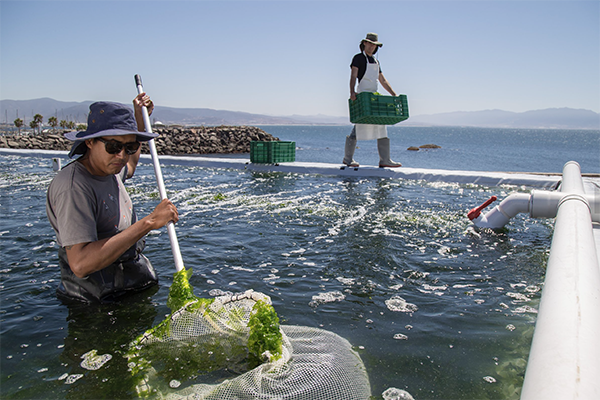
California-based regenerative climate technology company Blue Evolution will work with a fellow seaweed business that produces a cattle feed supplement to suppress cow burps, which contain the greenhouse gas methane and contribute to the industry’s carbon emissions.
Blue Ocean Barns’ seaweed-based cattle feed supplement, Brominata™️ will soon contain Asparagopsis taxiformis produced by Blue Evolution, which has commercial operations in Mexico and Alaska, the first to be established in both places.
Hawaii-based Blue Ocean Barns was the first to bring a safe seaweed digestive aid to the global market. According to the company, a small inclusion of the all-natural seaweed additive has been shown in published research and on-farm trials to safely eliminate more than 80 percent of cows’ methane production without changing the taste of milk or meat.
“We have great respect for the Blue Ocean Barns team and mission. We believe that by supporting this commercialization and scale-up, we can make climate history together. We want this project to grow quickly to keep up with the world’s emissions-reduction goals,” said Beau Perry, CEO and founder of Blue Evolution, in a release.
Future planned collaborations include Blue Evolution’s staging farm and processing operations at its current aquaculture site in Baja California and scaling up production for Blue Ocean Barns. Blue Ocean Barns’ other commercial partners include Ben & Jerry’s, Clover Sonoma and Straus Family Creamery. Earlier this year, the company was granted authorization to sell Brominata™️ in California by the state’s Department of Food and Agriculture.
Methane is an especially potent greenhouse gas, produced naturally by cattle during the digestion of grass. The methane burps from one cow are equivalent to the greenhouse gasses emitted by one passenger car. When dairy and beef producers cut their methane emissions, they reduce methane, which traps heat in the atmosphere, leading to lower climate temperatures.
Follow the Advocate on Twitter @GSA_Advocate
Now that you've reached the end of the article ...
… please consider supporting GSA’s mission to advance responsible seafood practices through education, advocacy and third-party assurances. The Advocate aims to document the evolution of responsible seafood practices and share the expansive knowledge of our vast network of contributors.
By becoming a Global Seafood Alliance member, you’re ensuring that all of the pre-competitive work we do through member benefits, resources and events can continue. Individual membership costs just $50 a year.
Not a GSA member? Join us.
Author
-
Responsible Seafood Advocate
[103,114,111,46,100,111,111,102,97,101,115,108,97,98,111,108,103,64,114,111,116,105,100,101]
Tagged With
Related Posts
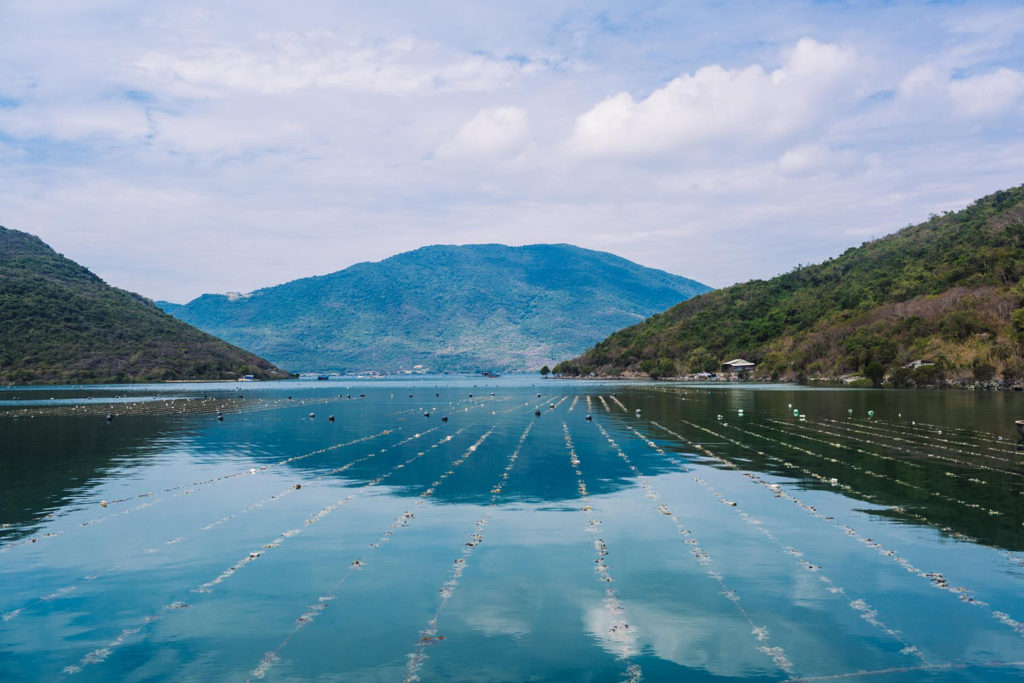
Responsibility
Beefing up seaweed production to green up beef
Josh Goldman is on a mission to reproduce asparagopsis, a tropical seaweed that could have a significant impact on global greenhouse gas emissions.
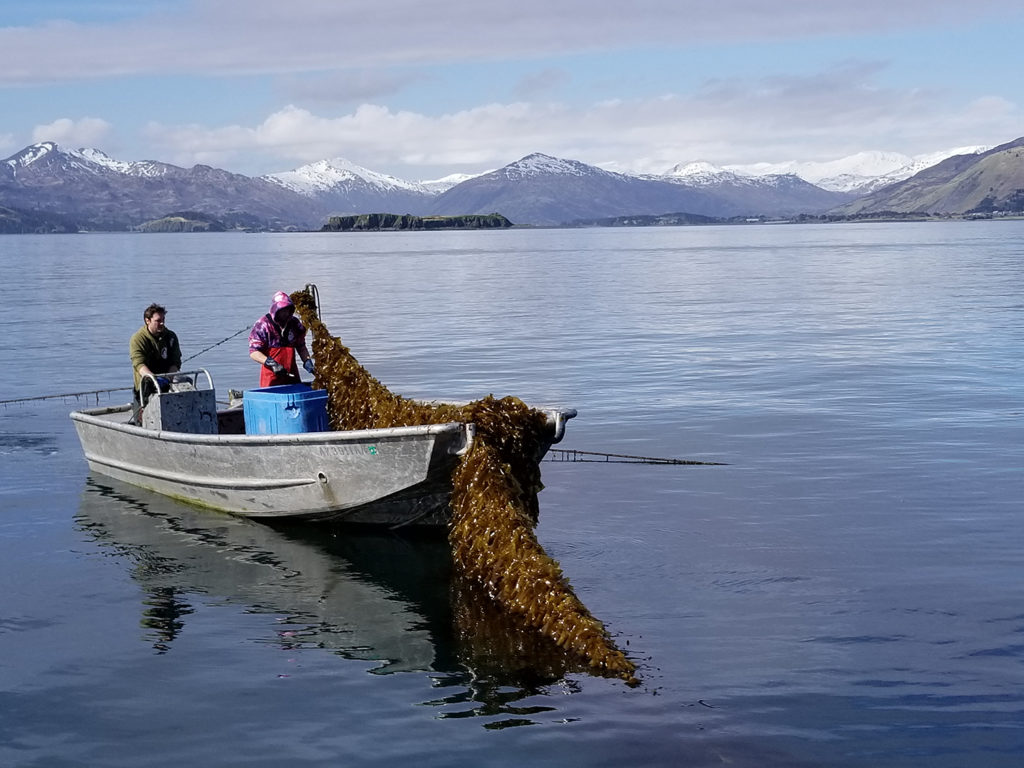
Responsibility
With entrenched aquaculture views, Alaska weighs its future in farming
The word aquaculture is a dirty one in Alaska, where finfish farming is firmly prohibited. But if your farm fits a certain description, permits to proceed can indeed be obtained.
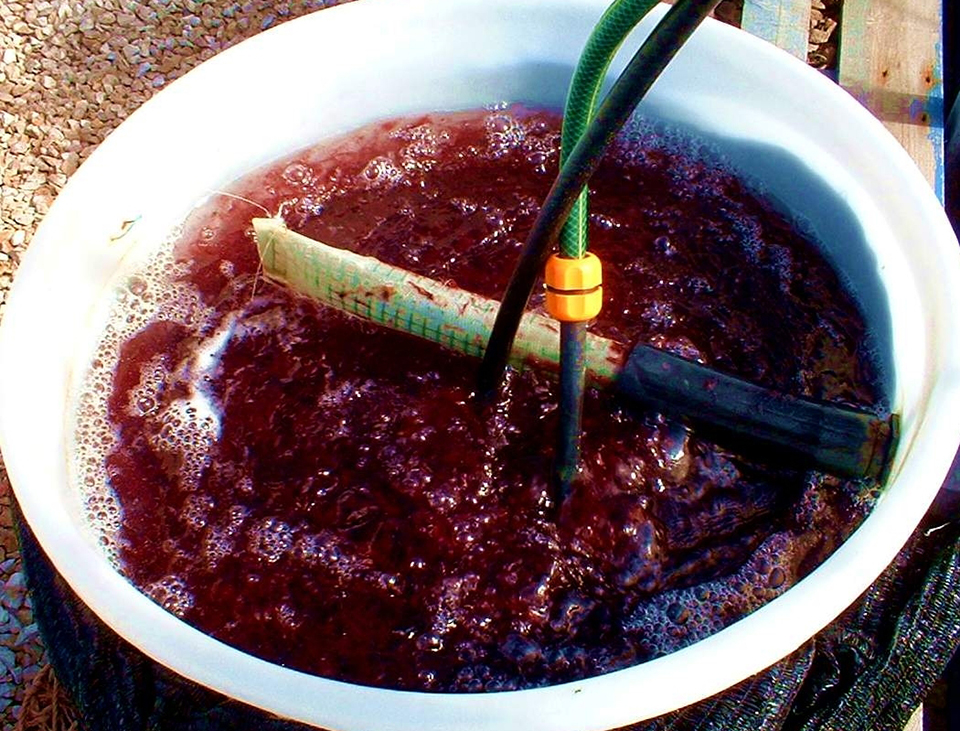
Health & Welfare
Double duty: Seaweed provides both biofiltration, marketable product
Most seaweed species that function as biofilters for finfish aquaculture have little market value, so produced biomass remains a byproduct of biofiltration.
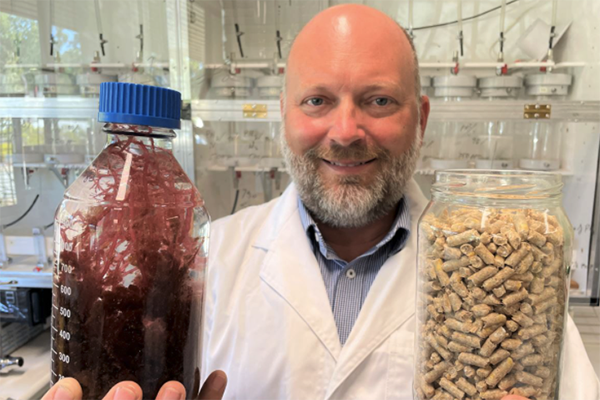
Responsibility
SeaStock granted license to commercially sell ‘methane-busting’ seaweed supplement for livestock
SeaStock Pty Ltd has been granted a license in Western Australia to commercially sell a 'methane-busting' seaweed supplement for livestock.



